In his interview, President Musa Karademir talked about civil diplomacy, the concept of civil diplomats and the future and projects of BDU.
The interview language is Turkish. The English version of the interview is below.
https://www.nethaberler.com/sivil-diplomasiye-adanmis-bir-isim-musa-karademir/
https://avrupabirligigazetesi.com.tr/2023/07/03/sivil-diplomasiye-adanmis-bir-isim/
The interview language is Turkish. The English version of the interview is below.
A NAME DEDICATED TO CIVIL DIPLOMACY: GOOD WILL AMBASSADOR OF MUSA KARADEMIR
Question: Can we introduce BDU? Who are its members?
Answer: The BDU International Union of Businesspersons and Diplomats is a non-governmental organization established in 2021 in accordance with the conditions stipulated by the Constitution of the Republic of Türkiye and the Law on Associations and has the status of an association. In general, our aim is to be a new generation NGO that brings business people and diplomacy together. Within the framework of civil diplomacy, to promote our country in the international arena and to support the Turkish business world in developing investment, export, competition, brand and cooperation on a global scale. In addition, to develop the concept of civil diplomats and to train civilian diplomats who are equipped in this field.
Although BDU was founded two years ago, it was founded by distinguished members with 20 to 40 years of knowledge and experience in the background and international experience. It has retired diplomats, honorary consuls, politicians, bureaucrats, academicians, artists, business people, professional managers, lawyers, experts and consultants in their fields from home and abroad. Together with our Founders’ Board, Management and Supervisory Board, and members of our sub-components such as the High Advisory Council, the Higher Arts Council and the Academic Council, BDU is in an intensive work program. Apart from the BDU, each of the BDU members also works in different non-governmental organizations. In short, BDU is a new generation of NGOs that bring business people and diplomacy together
Question: How was BDU born? What kind of non-governmental organization is it?
Answer: The BDU is actually based on the reality of civil diplomacy. We can say that it was born by the coming together of people who are competent in their fields, who have superior knowledge-accumulation and managerial qualifications, who have the ability to create awareness and who believe in the power of civil society dialogue.
BDU is a new generation organization that reads the codes of the changing and transforming new world correctly and believes in the power of NGOs as the third sector in international relations. It strives for the development of global trade and the preservation of world peace. At the same time, it aims to create environments where economic and commercial cooperation, investment opportunities and partnerships will be evaluated in order for humanity to live in a sustainable environment, integrated with nature, and stable. BDU is also an organized structure to use its civil diplomatic skills for the benefit of both our country and the business world.
Question: You described BDU as an organization that conducts civil diplomacy? Can you tell us about civil diplomacy? What is the difference with public diplomacy?
Answer: Civil diplomacy is essentially a set of diplomatic activities carried out by individuals or non-state institutions that are not states parties. Apart from traditional interstate diplomacy, civil diplomacy is the set of relations carried out by non-governmental organizations, the private sector, the business world, universities, professional organizations that are semi-public institutions, think tanks and non-state organizations.
Public diplomacy, on the other hand, constitutes the core of interstate relations. In interstate relations, diplomacy is carried out through representatives of diplomatic missions (Ambassadors, envoys, consuls, chargé d’affaires, attachés, etc.). The one who represents each state at the highest level is the “ambassador”.
Today, under the heading of civil diplomacy, there are many different and active definitions such as trade diplomacy, digital diplomacy, cultural diplomacy, and above all, lobbying is carried out instead of propaganda. In civil diplomacy there is also the principle of equality and there is interdependence.
Question: You mentioned the concept of “civilian diplomat” in a previous article you wrote? Who is a civilian diplomat? What does it do? Do they have privileges like other diplomats?
Answer: First of all, I have to explain the concept of diplomat. Within the framework of the authority and immunity defined by international law in interstate relations, people who are elected to represent and serve their country are called diplomats. Diplomats work in the embassy building/residence in the interests of their countries with the armor of “diplomatic immunity”.
On the other hand, we can say that a civil diplomat is a person who represents the institution or non-governmental organization to which he is affiliated by blending the culture of diplomacy with manners, vision and knowledge. Civilian diplomats, of course, do not enjoy the broad rights, privileges and immunities of public diplomacy. They work mostly on lobbying.
Civilian diplomats consist of people who have reached a certain reputation at the national and international level in their professional field and career plans, who provide humanitarian benefits and who contribute to the solution of global problems. I should immediately underline that since the concept of civilian diplomat is a new concept in the world, a regulatory criteria for civilian diplomats have not yet been clarified. It should be noted that in civil diplomacy, the concept of civil diplomat should develop and its legal infrastructure should be established.
Question: In the light of your information about BDU and Civil Diplomacy, what is BDU’s vision for the future? How do you position yourself?
Answer: I have given some academic and technical explanations to your questions about concepts such as diplomacy, civil diplomacy, public diplomacy, civil diplomat in general, but this was necessary in order to give clear answers to your questions.
Following these statements, one of the first priorities of the BDU is, of course, to carry out civil diplomacy activities at the global level and to spread the concept of civilian diplomat to the general. Opening civilian diplomat training courses is among our goals as well. It is also to define civil diplomacy / civil diplomat and to place it on an international institutional and legal basis.
BDU is currently the goodwill ambassador of the Turkish Presidency of the “EODP-Organization for European Peace and Development”, which is registered in Great Britain and registered with international organizations such as the United Nations, the European Union, the World Youth Council, Transparency Europe.
We see the BDU as a civilian global player in the future, as befits the centenary of our Republic. Our future vision and global goals are;
– Civil Diplomacy (Economy, Culture, Art, etc.) and Lobbying,
– Effective Dialogue and Cooperation with the United Nations and UN Affiliated Organizations,
– Carrying out joint projects in support of UN Development Programmes and Gender Equality,
– Deepening EU-Turkey Relations and Contribution to the Customs Union,
– Adaptation and Support to the EU Green Deal and the Paris Climate Summit,
– Development of International Economy, Investment and Trade,
– Digital Transformation, Entrepreneurship, Supporting Industry 4.0/5.0
– Supporting Science, Culture and the Arts
Question: Your Last Sentence as BDU Founding President?
Answer: The world is changing, transforming and going digital. Classical habits, patterns of behavior are changing shape. If we assume that the only thing that does not change in the world is change, it will be inevitable that we are also experiencing change. We should all believe in the power of civil society and become organized societies. We must know how to seek rights. Civil society organizations are needed to advocate and seek rights. We should contribute to the political process by becoming a member of NGOs.



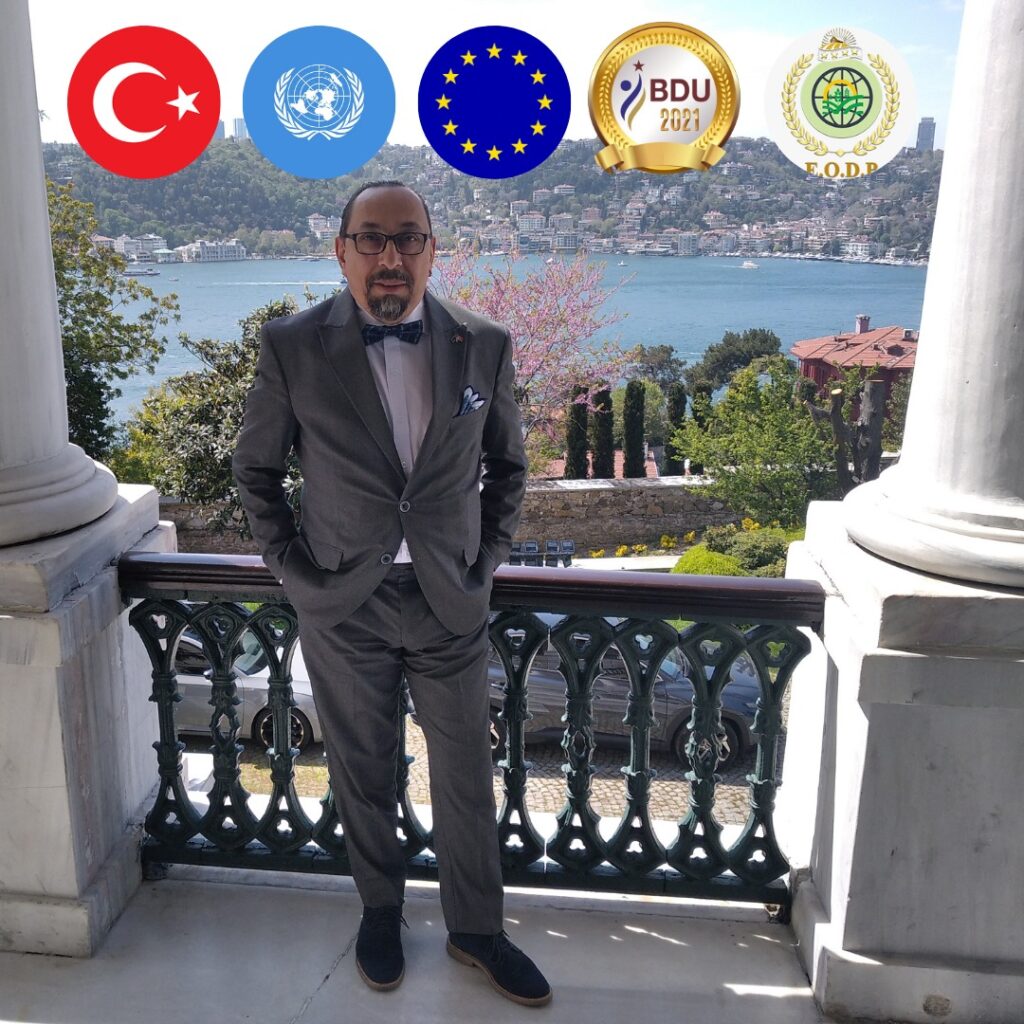

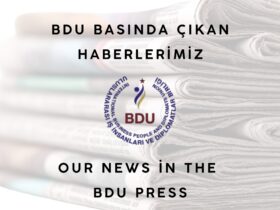

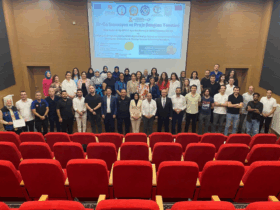
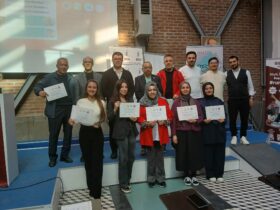
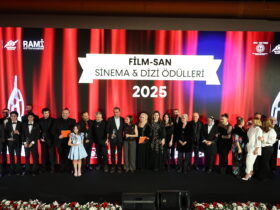
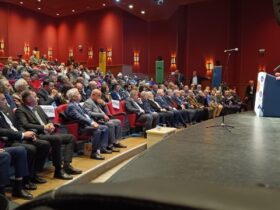
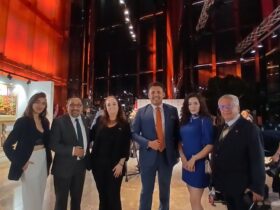
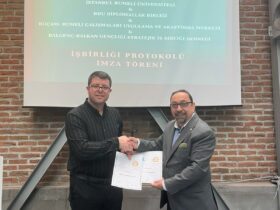
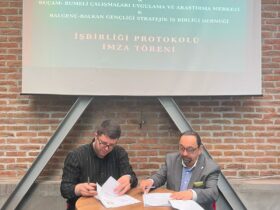


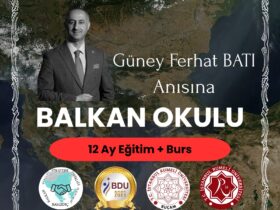
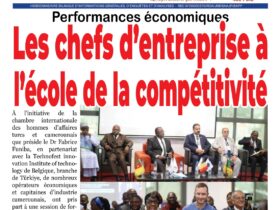


Leave a Review